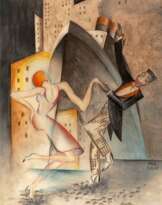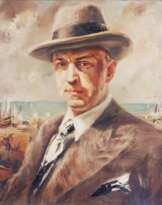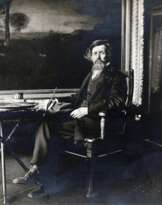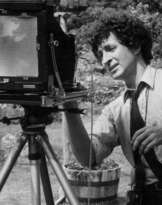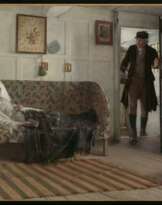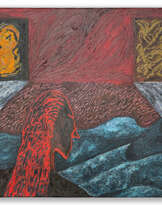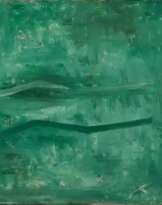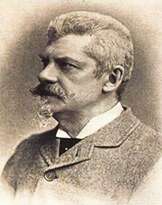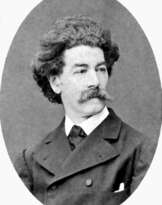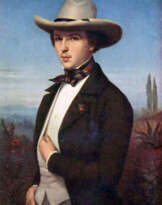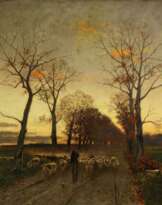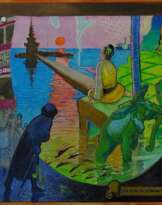Allen Tupper True (1881 - 1955)
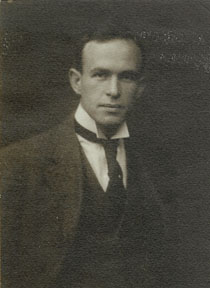
Allen Tupper True
Allen Tupper True was an American illustrator, easel painter and muralist who specialized in depicting the American West. While at the Pyle School and later in Boston, True provided illustrations for magazines such as the Saturday Evening Post, Outing, Collier's Weekly, Scribners Magazine and Art and Progress; and books such as Clarence E. Mulford's The Orphan, Robert Ames Bennet's Into the Primitive and epic poem The Song of the Indian Wars by John G. Neihardt.[1] True created easel paintings throughout his life, depicting his beloved West and its peoples. True's career as a muralist began when he received his first big assignment in 1917 to paint eight panels for the Wyoming State Capitol, which he finished in 1918.[7] The Senate and the House of Representatives chambers of the Wyoming State Capitol Building each contain four large murals by True. He began painting them during the summer of 1917. He later painted 16 murals for the Missouri State Capitol and eight murals for the Colorado State Capitol. He also painted murals in many public buildings in Denver, Colorado. He was a member of the distinguished National Society of Mural Painters, whose members included John Singer Sargent and Edwin Abbey, and he was also a Fellow of England's Royal Society of the Arts.
| Date and place of birt: | 30 may 1881, Colorado Springs, USA |
|---|---|
| Date and place of death: | 1 november 1955, Denver, USA |
| Nationality: | USA |
| Period of activity: | XIX, XX century |
| Specialization: | Artist, Genre painter, Landscape painter, Painter, Portraitist |
| Genre: | Genre art, Landscape painting, Portrait |
| Art style: | Realism |
